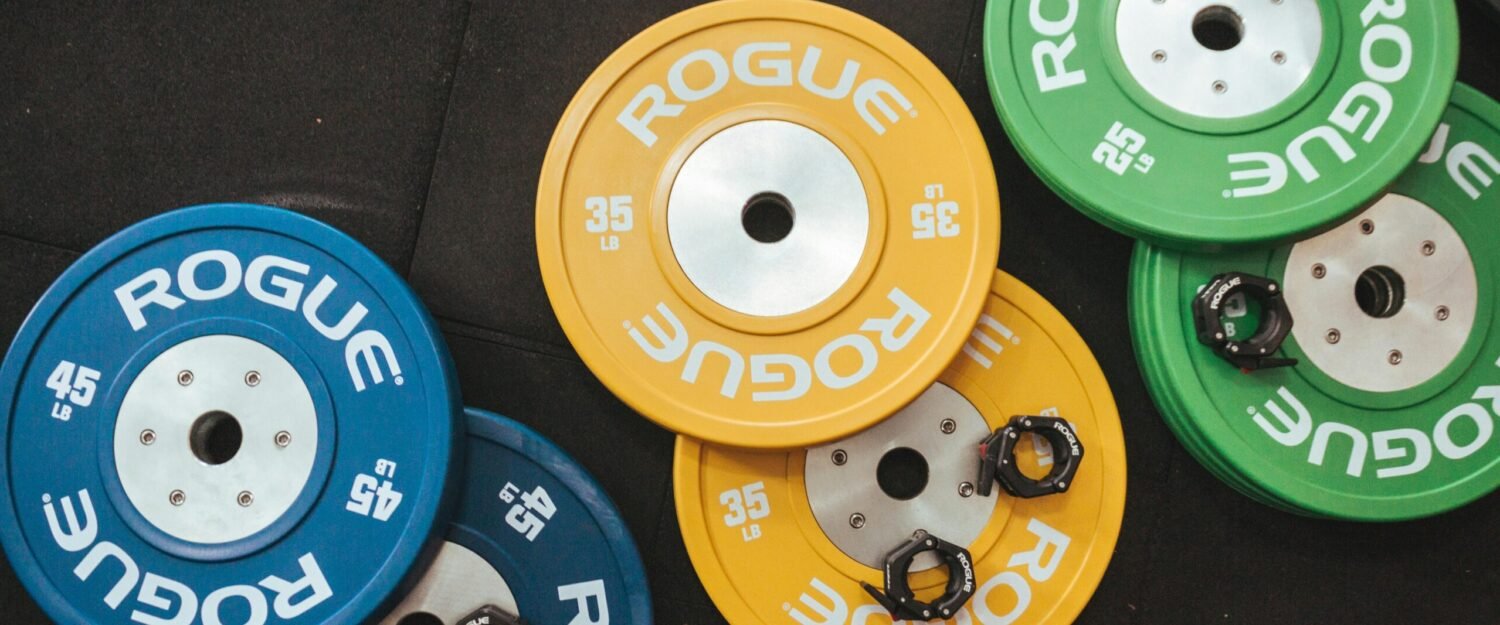
The Role of Carbohydrates in an Athlete’s Diet
Carbohydrates hold a crucial position in the dietary regimens of athletes, serving as a primary source of energy necessary for optimal performance. Upon consumption, carbohydrates are broken down into glucose, which is then utilized by the body for energy. This biological process is particularly important for athletes who engage in high-intensity training and competitive events, requiring significant energy expenditure. The efficiency of carbohydrate metabolism allows for rapid energy availability, ensuring athletes can perform at their peak.
Moreover, carbohydrates support muscle recovery post-exercise, facilitating the replenishment of glycogen stores that are depleted during strenuous workouts. Glycogen, stored in the muscles and liver, is vital for sustaining athletic performance, as it acts as a readily available energy reserve. Inadequate carbohydrate intake can lead to fatigue, decreased endurance, and impaired recovery times, underscoring the need for athletes to prioritize carbohydrates in their diets. This is particularly salient when considering the demands of rigorous training schedules or competitive events, where endurance and quick recovery are imperative.
It is also important to note that athletes typically require a higher carbohydrate intake compared to non-athletes. This elevated need for carbohydrates is driven by their increased energy expenditure and the continuous demand for replenishment of muscle glycogen. Sources of carbohydrates can vary, including complex carbohydrates such as whole grains, vegetables, and legumes, which offer sustained energy release, as well as simple carbohydrates found in fruits and sports drinks for quick energy boosts. In conclusion, understanding the integral role of carbohydrates in an athlete’s diet is vital for optimizing both training outcomes and competitive performance.
Simple Carbohydrates: Characteristics and Examples
Simple carbohydrates, often referred to as simple sugars, consist of structures made up of one or two sugar molecules. These carbohydrates are classified as monosaccharides and disaccharides, with monosaccharides containing a single sugar unit and disaccharides containing two. Due to their simple structure, they are rapidly absorbed by the body, leading to a swift increase in blood glucose levels. This quick absorption can be particularly advantageous for athletes who require immediate energy boosts during intense physical activity.
Common sources of simple carbohydrates include natural options like fruits and honey, as well as processed items such as candies, cookies, and sugary drinks. Fruits, which also provide essential vitamins, minerals, and fiber, are a healthy choice for quick energy. Honey, a natural sweetener, offers a more concentrated form of simple sugars and can be a beneficial pre- or post-workout snack. In contrast, processed sugary snacks may provide a rapid source of energy but lack the nutritional benefits found in whole foods.
The timing of simple carbohydrate consumption is crucial for athletes. Strategically consuming simple carbohydrates before a workout can enhance performance by ensuring that readily available energy is on hand for those demanding physical moments. After a workout, simple carbs are beneficial for replenishing glycogen stores, especially when paired with protein to aid muscle recovery. This can expedite the recovery process, allowing athletes to maintain their training intensity and performance levels.
In essence, while simple carbohydrates serve an essential role in providing quick energy, athletes should be mindful of the sources they choose. Opting for natural sources over processed ones can optimize their nutritional intake while meeting their energy needs effectively.
Complex Carbohydrates: Characteristics and Benefits
Complex carbs are defined by their structure, consisting of multiple sugar molecules linked together. Unlike their simple counterparts, which are quickly digested and can lead to rapid spikes in blood sugar levels, complex carbs undergo a more gradual digestion process. This slower breakdown is due to the intricate molecular arrangement found in foods such as whole grains, legumes, and starchy vegetables, making them a vital component of an athlete’s diet.
Whole grains, including brown rice, quinoa, and oats, are rich in complex carbs. These grains not only provide energy but also contain essential nutrients such as fiber, vitamins, and minerals. Similarly, legumes, which encompass beans, lentils, and peas, are excellent sources of protein and complex carbs. Starchy vegetables like sweet potatoes and butternut squash also contribute to an athlete’s energy needs while offering a variety of health benefits.
The primary advantage of consuming complex carbs lies in their ability to deliver sustained energy. This is particularly important for athletes engaged in endurance sports, where prolonged activity can deplete energy reserves. Complex carbs release glucose more gradually into the bloodstream, helping to maintain energy levels during workouts and competitions. Additionally, by supporting metabolic health, they play a crucial role in stabilizing blood sugar levels, ultimately enhancing both physical performance and recovery.
Moreover, incorporating complex carbs into an athlete’s diet can support overall well-being. The fiber content found in these foods aids in digestion and promotes gut health, which is essential for nutrient absorption. They also contribute to the regulation of cholesterol levels and can reduce the risk of chronic diseases. For these reasons, understanding the characteristics and benefits of complex carbs is fundamental for athletes aiming to optimize their performance and endurance.
Nutritional Strategies: Balancing Simple and Complex Carbs
For athletes, understanding how to balance the intake of simple and complex carbs is crucial for optimizing performance, recovery, and overall energy levels. First and foremost, meal planning plays a vital role. Athletes should consider their training schedules when designing their meals. Incorporating complex carbs, such as whole grains, legumes, and vegetables, in meals consumed a few hours before training can provide sustained energy. On the other hand, simple carbohydrates, found in fruits, honey, or sports drinks, should be strategically consumed around training sessions and competitions for quick energy release.
Timing is essential when it comes to carbohydrate consumption. For best results, athletes might benefit from consuming complex carbs combined with protein after their training sessions. This combination aids in muscle recovery and replenishes glycogen stores. During intense workouts lasting longer than an hour, opting for simple carbohydrates can help maintain energy levels and prevent fatigue. Simple carbs can be quickly metabolized, allowing athletes to sustain their performance without experiencing a significant energy drop.
Listening to the body’s energy needs is another important aspect of creating a personalized carbohydrate strategy. Athletes should pay attention to how different carbohydrate sources affect their performance and recovery. This means monitoring energy levels before, during, and after training sessions to fine-tune their diet accordingly. It can be helpful to keep a food journal or use apps designed for tracking nutrition, which can provide insights into the athlete’s carbohydrate intake and its impact on their performance.
Incorporating variety in carbohydrate sources also helps in providing a stable energy supply and addressing individual preferences. Ultimately, a well-balanced carbohydrate strategy tailored to the specific needs of an athlete can significantly enhance their overall performance and contribute to their long-term athletic success.
If you found this post to be helpful, then you may be interested in the rest of our blog page here.
At Gear Affiliate, we always want to give our readers more resources to research. Below are a few sources that we have found to be helpful relating to this topic.
Video Links: Video 1, Video 2.
Discover more from GearAffiliate
Subscribe to get the latest posts sent to your email.


